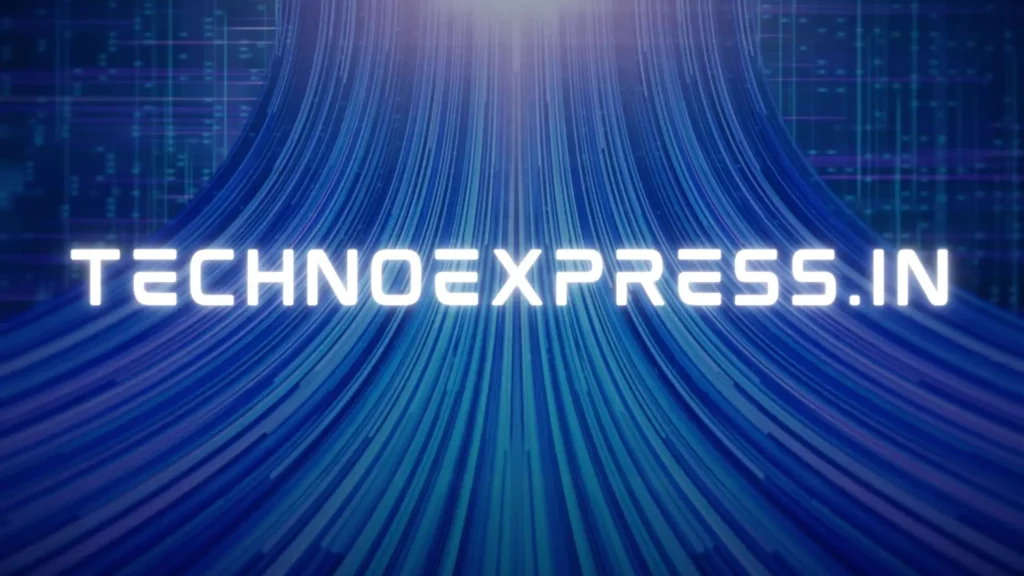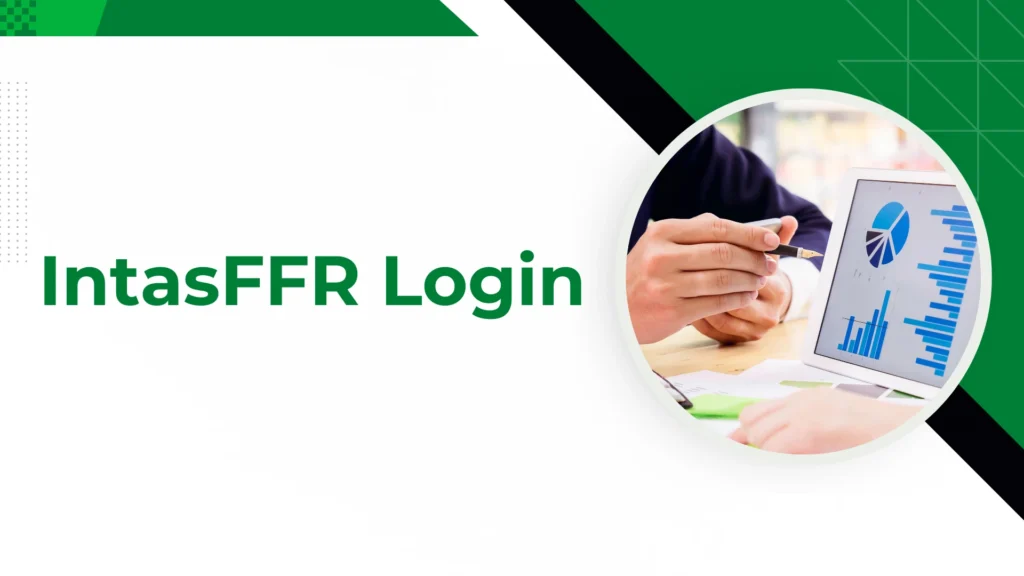Interest in ibomma1.com tends to surge whenever regional movie fans search for free Telugu content, leading to recurring questions about safety, legality, and the confusion that arises from mirror and clone domains that appear, disappear, and reappear under slightly different names. This article takes a safety-first approach, explaining what sites like ibomma1.com are reputed to be, why mirror proliferation happens, the legal and cybersecurity risks involved, how to recognize phishing clones, and how to access Telugu and other Indian regional cinema through legitimate, stable platforms. The aim is to provide clarity for readers who encounter shifting domains and conflicting claims online, without endorsing or linking to piracy-associated resources.
What ibomma1.com Is Reported To Be
Across the public web, ibomma1.com and similarly named domains are commonly described as portals associated with streaming or downloading Telugu-language movies, which explains the frequent spikes in search interest among regional film audiences. Discussions often emphasize that these ecosystems use multiple domains over time, whether to avoid takedowns, bypass blocks, or simply capture search traffic, which creates uncertainty about any claim to “official” status. This volatility leads to a muddled user experience in which two people can talk about “iBomma” yet be referring to entirely different URLs, each with differing levels of risk, deceptive prompts, or unrelated redirects. The cumulative effect is a confusing landscape where even experienced users find it difficult to verify provenance or safety before clicking.
Legality: How Copyright Law Views Unlicensed Streaming
Copyright regimes grant creators exclusive rights to reproduce, distribute, and publicly perform their works, which means streaming or downloading unlicensed copies can be unlawful depending on jurisdiction. Some countries focus enforcement on operators and uploaders, while others issue ISP-level blocks or pursue civil remedies against persistent infringement. Regardless of enforcement focus, the recurring pattern of domain blocks, seizures, and legal notices surrounding piracy-linked ecosystems signals a high-risk environment for users seeking reliable, lawful access to films. Because rights are territorial and rotate across platforms over time, a movie available legally in one region may not be licensed in another, making mirror-chasing a legally uncertain and unstable approach to entertainment.
Also Read- Factsreader.com – A simple and detailed look at this website
Security Risks: Malvertising, Drive-by Downloads, and Deception
A central concern with piracy-linked sites is malvertising—malicious ads delivered through compromised or low-quality ad networks that can trigger harmful scripts without an explicit download. Users frequently encounter deceptive overlays, fake “play” buttons, and prompts for “codec” or “player” updates that, once installed, open the door to spyware, ransomware, or persistent ad-injection. Even a single browsing session can grant push-notification permissions or install a rogue extension that quietly harvests data, hijacks search results, or funnels traffic to scam pages. On mobile devices, quick taps on permission prompts can create lasting exposure tied to core accounts, while on desktops, hidden installers can modify browser profiles and autostart items that are tedious to eradicate. These are not theoretical inconveniences; they are widely documented patterns that make the act of visiting such domains riskier than it might appear.
Why Mirrors Proliferate Around ibomma1.com
Mirror sprawl is a hallmark of sites that face takedowns and blocking. When a domain is blocked by ISPs or de-indexed by search engines, operators often spin up a near-identical site at a new address, sometimes with a number suffix or a different top-level domain. Opportunistic actors exploit this churn by launching clones designed to catch spillover search traffic and then aggressively monetize clicks with pop-unders, notification traps, and forced redirects. To the average viewer, a dozen similarly named domains can appear equally plausible, but many are simply funnels for risky ad stacks with no stable identity, support, or quality standards. This ever-shifting terrain makes it genuinely difficult to confirm whether any instance of ibomma1.com or a variation is what it claims to be, which increases the probability of stumbling onto a hazardous clone.
How To Spot Phishing Clones and Hazardous Pages
While there is no foolproof checklist, certain patterns deserve extra caution. Excessive pop-ups within seconds of arrival are a red flag, as are forced prompts to install browser extensions, sideload APKs, or update a “player” from outside official app stores. Watch for misspellings in domains, inconsistent branding, or pages that redirect to unrelated betting, crypto, or giveaway sites. Check for a valid HTTPS certificate, but remember that HTTPS alone does not guarantee legitimacy; many malicious sites now use TLS. Review browser permissions for notifications granted to unfamiliar domains, and routinely prune unrecognized extensions. Reputation-check tools can provide signals about known-bad infrastructure, but malvertising often rides transient ad placements, so caution is still warranted even if a URL appears clean at one moment in time.
Is Streaming Safer Than Downloading?
It is a common misconception that streaming carries negligible risk compared to downloading. Malvertising payloads and deceptive overlays can run during a simple page load, meaning “just watching” can still trigger infections or credential theft. From a legal perspective, unlicensed streaming may implicate public performance or communication-to-the-public rights, and while end-user enforcement varies, the risk is not zero. In short, streaming unlicensed content is neither a safe workaround nor a legal shield, and the same infrastructural risks that power dubious download buttons can compromise a session without any file ever landing in a downloads folder.
Using the Keyword Carefully: ibomma1.com
Given the confusion created by mirrors and clones, using the exact term ibomma1.com should come with a clear caveat: its presence in search results does not validate legitimacy or legality. The most reliable course is to avoid interacting with domains that lack transparent licensing disclosures and stable corporate identities, particularly when the ecosystem has a documented history of domain churn. If a site purporting to be ibomma1.com appears to function, the underlying uncertainty remains, and the safer, more predictable route to the same content is through licensed platforms with formal rights and consumer protections.
Legal, Safer Alternatives for Telugu and Regional Cinema
Indian OTT ecosystems now offer extensive regional catalogues, featuring content in languages such as Telugu, Tamil, Malayalam, Kannada, Bengali, Punjabi, and Marathi, often with subtitles, multiple audio tracks, and offline downloads. Many services run on smart TVs, streaming sticks, consoles, mobile apps, and browsers, reducing friction and the need for risky sideloading. Regional-first platforms and national services alike are increasingly hosting simultaneous or quick-window releases, plus originals and back catalogs that cover both mainstream and indie titles. Where budgets are tight, ad-supported tiers and seasonal promotions provide legitimate ways to watch without risking malware or legal issues.
Finding Specific Titles Across Licensed Platforms
A practical method is to search for a film’s title directly inside reputable OTT apps or on their official sites, then confirm availability before subscribing. Title availability rotates due to licensing windows, so results differ across regions and months. Aggregator apps and search portals can help map where a film is currently licensed, but it is wise to double-check within the platform itself. If a title is unavailable at the moment, official studio channels may offer songs, trailers, or clips, and the full film may appear as windows open later. Patience with licensed availability pays off in predictable quality, captions, and device continuity.
Security Hygiene for Online Viewing
Good security habits meaningfully reduce risk even on legitimate services. Keep operating systems and browsers updated to patch critical vulnerabilities, and use reputable security suites to catch malicious downloads and network anomalies. Avoid granting push notifications to unfamiliar sites, and periodically audit browser permissions to revoke unnecessary access. Only install apps and extensions from official stores, reviewing permissions and user reports for red flags. If a session goes sideways—surprise downloads, homepage changes, or credential prompts—disconnect, perform thorough scans, reset the browser profile if needed, and begin changing passwords starting with email and financial accounts. Enabling multi-factor authentication hardens defenses against credential reuse.
What To Do After Visiting a Hazardous Mirror
If exposure is suspected after landing on a clone or a risky domain, stop interacting with the site and close suspicious tabs immediately. Disconnecting from networks or toggling airplane mode can limit data exfiltration while remediation begins. Run full antivirus and anti-malware scans, remove unknown extensions and applications, and reset browsers to default settings to strip persistent changes. Revoke push notifications and permissions granted during the session, then rotate passwords for critical accounts and enable multi-factor authentication. If ransomware or ongoing instability is detected, consult professional remediation to avoid data loss and prevent re-infection through hidden persistence mechanisms.
Why “Official” Claims Are Difficult to Verify
In ecosystems where domains constantly shift and long-lived brands are replicated by opportunistic actors, “official” is difficult to prove without transparent licensing, consistent corporate identities, and verified presences in mainstream app stores. Even polished interfaces can mask unstable or malicious infrastructure, and the incentive to impersonate recognizable names is high in traffic arbitrage. The churn of mirrors and suffix variants erodes meaningful trust signals, leaving users to guess. When a single search yields multiple lookalikes, the safest conclusion is to avoid the entire cluster of domains and pivot to platforms that publish clear licensing and compliance frameworks.
Also Read – Usanews city.com: Latest US News, Stories & Insights
How Licensed Platforms Improve the Experience
Licensed services carry clear advantages: stable apps, predictable streams, subtitle and audio options, watchlists, profiles, parental controls, and cross-device continuity. These platforms operate under regulatory frameworks that require grievance mechanisms and data protection standards, which translate to more predictable handling of user information and fewer unpleasant surprises. By stepping outside the mirror ecosystem, viewers avoid malvertising pipelines, deceptive installers, and the uncertainty of waking up to a blocked or vanished site. Over time, the convenience and reliability of licensed services outweigh the transient allure of “free,” especially once the hidden costs of infections, data loss, and downtime are accounted for.
Budget-Friendly Paths To Legal Access
Ad-supported plans offer a pragmatic balance between cost and legality for viewers who can tolerate interruptions. Bundled telecom offers, seasonal discounts, and rotating promotions can bring subscription costs down, while offline downloads stretch value across limited data plans. Focusing on one or two platforms aligned with language preferences—such as a Telugu-forward service plus a broader national catalog—reduces subscription sprawl while maintaining access to new releases and a deep back catalog. This strategy minimizes the temptation to chase mirrors while delivering consistent quality and safety.
Conclusion
The combination of legal uncertainty and heightened cybersecurity risk makes mirror-chasing around terms like ibomma1.com an unsafe and unreliable route to entertainment. Licensed Indian and regional OTT platforms provide stable catalogs, better device security, and meaningful consumer protections, turning movie nights into dependable experiences rather than precarious gambles. By prioritizing legal access and basic security hygiene, it becomes possible to enjoy Telugu and other regional cinema without exposing devices and data to the hazards that typically accompany mirror-driven ecosystems.
Frequently Asked Questions
What is ibomma1.com?
ibomma1.com is widely described online as a site associated with free access to Telugu-language movies, which places it within piracy-linked ecosystems and raises concerns about legality and reliability for viewers.
Is ibomma1.com legal to use?
No—sources characterize ibomma1.com as operating without proper licensing, meaning access or downloads can violate copyright laws and may be subject to ISP blocks or other enforcement actions in various regions.
Is ibomma1.com safe from malware and scams?
Piracy-linked sites like ibomma1.com are frequently tied to malvertising, deceptive “play” or “update” prompts, and risky redirects that can lead to malware infections or data theft, making them unsafe for regular use.
Why do multiple mirrors of ibomma1.com appear?
Mirrors and clones often emerge when domains are blocked or de-indexed, leading to similar names and lookalike pages that attempt to capture search traffic, which further increases confusion and security risks.
What are safer legal alternatives to ibomma1.com?
Licensed OTT platforms such as Netflix, Amazon Prime Video, Disney+ Hotstar, Zee5, and Aha provide Telugu and other regional content with proper rights, stable apps, HD/4K quality, and stronger security protections compared to unlicensed sites.



